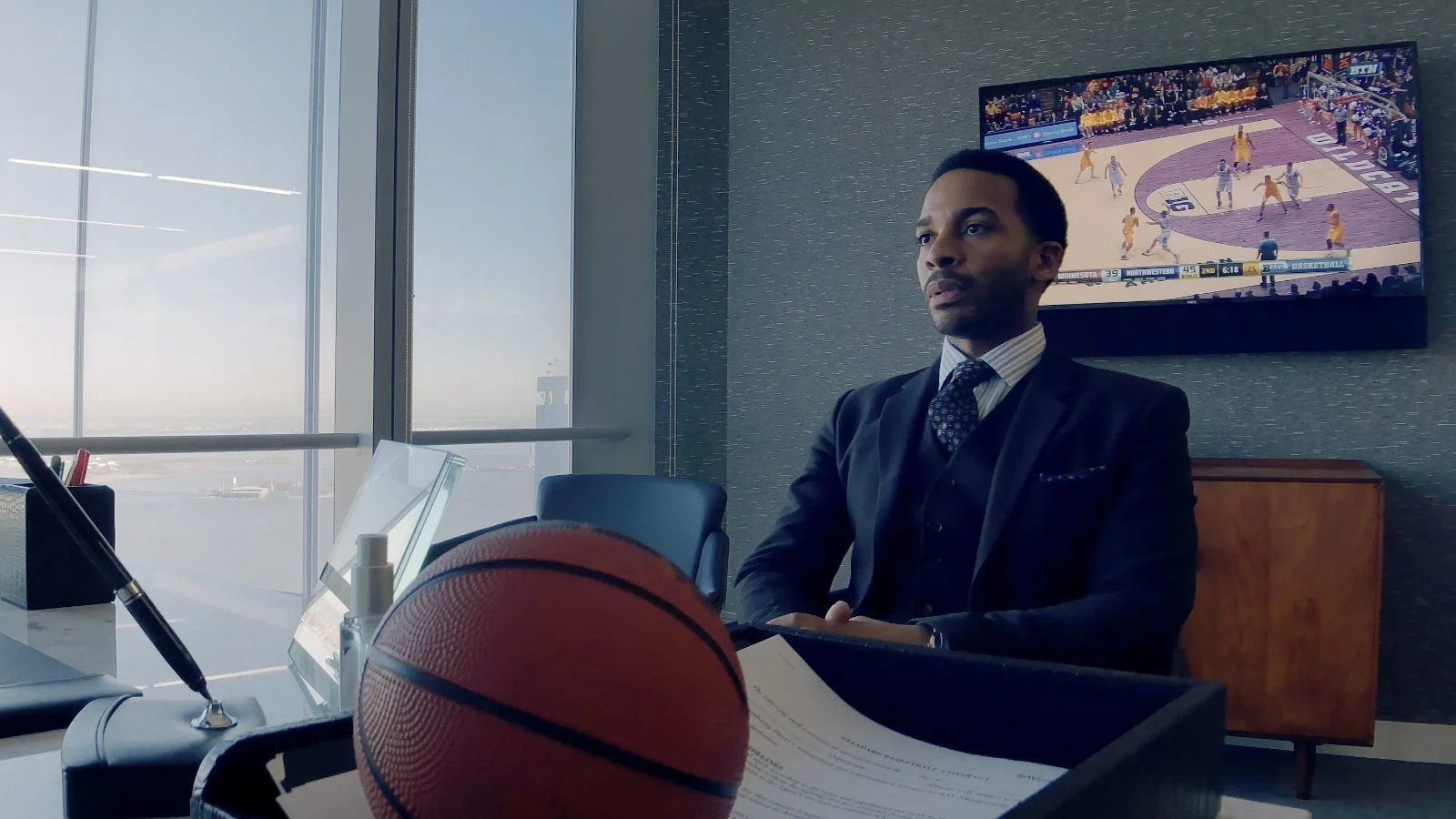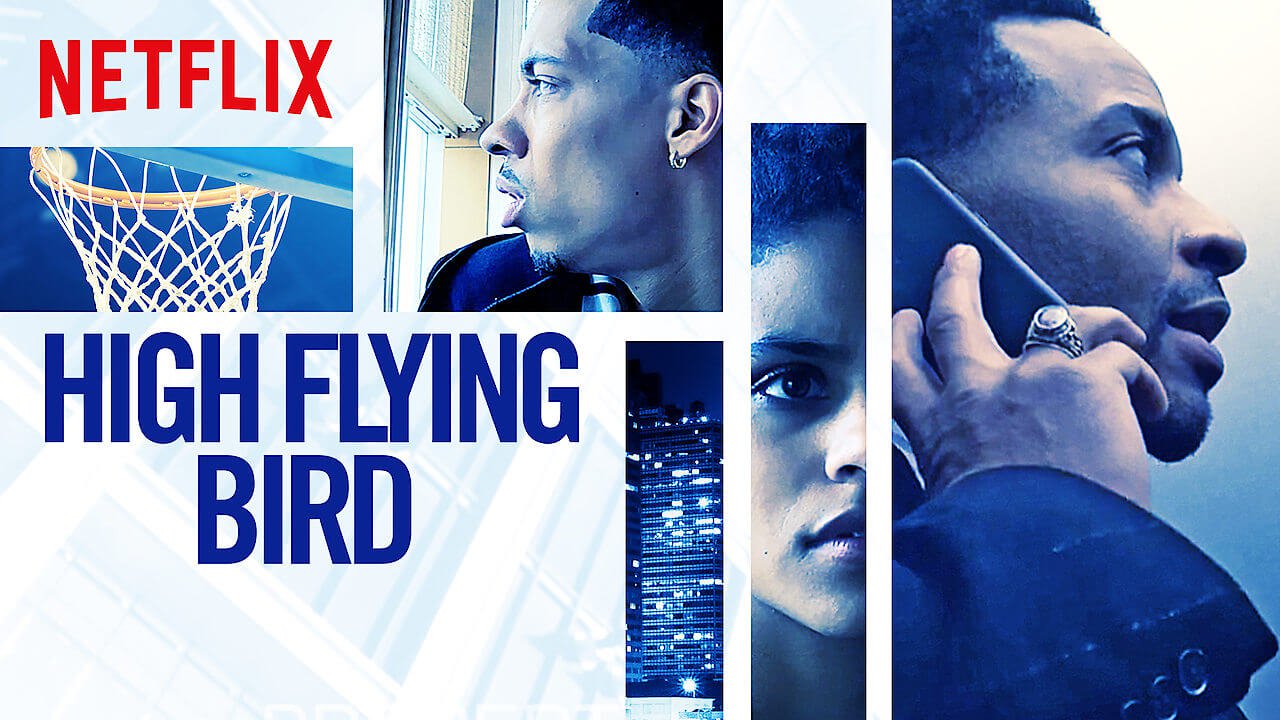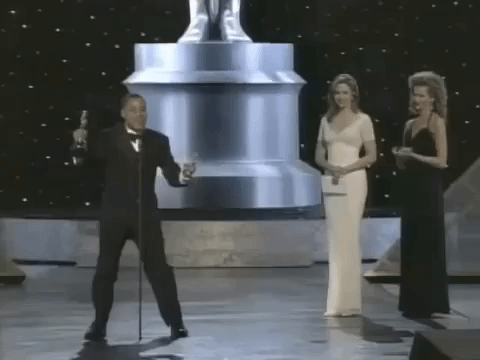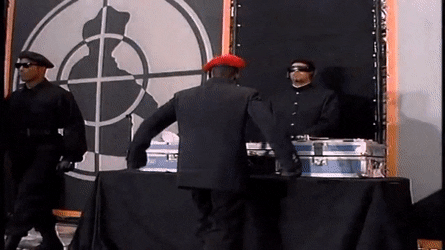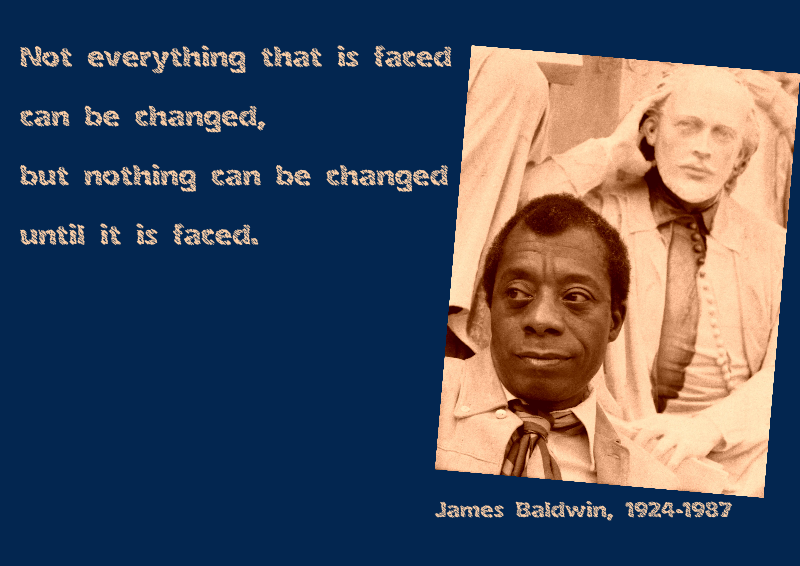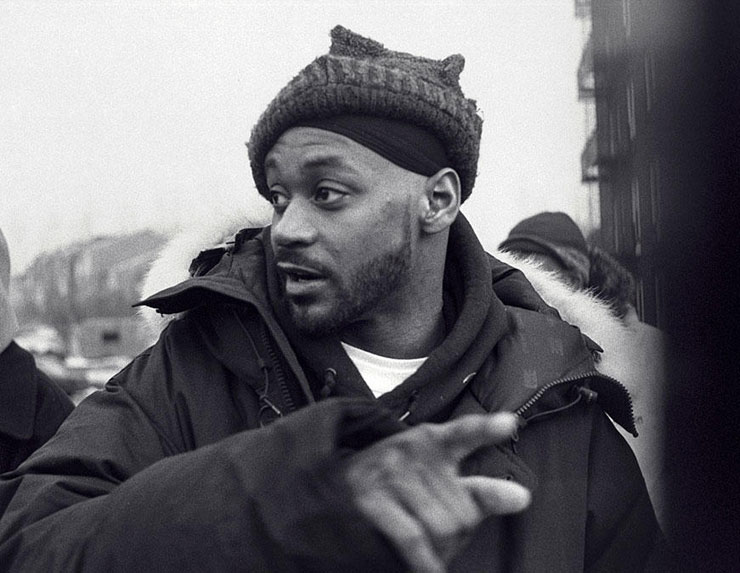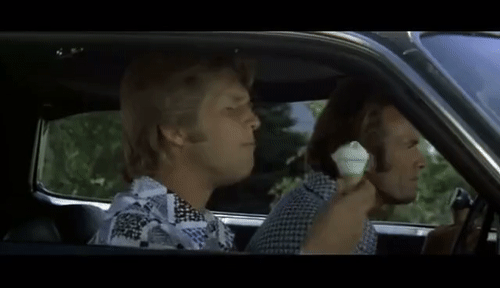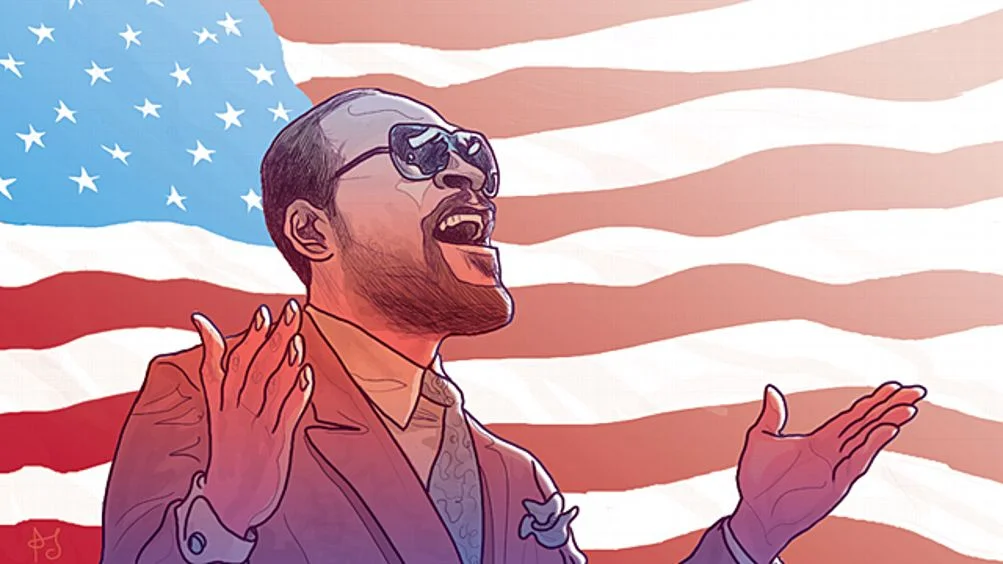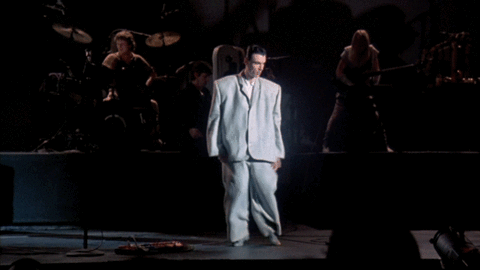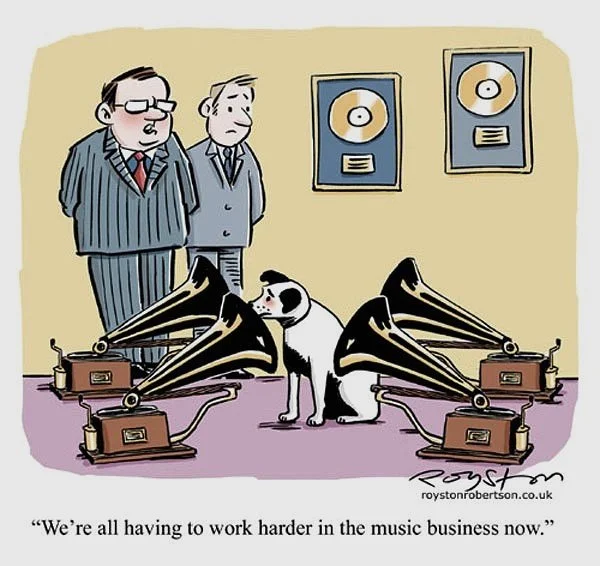Streaming Consciously: Some Words on High Flying Bird, The Two Killings of Sam Cooke, Late Passes + Podcast Picks
High Flying Bird
First impression, following a late-night viewing of Steven Soderbergh’s new NBA-themed NetFlix feature film debut last week:
I liked it.
Didn’t love it.
Perhaps that’s subject to change. Because it’s still giving me things to think about. Partly due to its subject matter already being in the forefront of my mind, as an evolving lifelong sports fan, witnessing, and anticipating the ways maverick athletes like LeBron James find to subvert or reshape the leagues they make a stage, while expanding their “brand” (a term I typically loathe but fitting in this case) in the digital age.
High Flying Bird takes place during a professional basketball lockout. The NBA isn’t even mentioned by name, though three current players (Karl Anthony-Towns, Donovan Mitchell and Reggie Jackson) are featured during interspersed interview scenes. Why those three? I can only guess Joel Embiid, Ben Simmons, and Russell Westbrook, were all busy. What do their contributions add? Much like their team’s collective .500 record with each as its leader, nothing consequential.
Portraying sports-agent-with-a-soul Ray Burke, Moonlight’s Andre Holland gives the best performance of a brief-but-increasingly-stellar career so far here.
But this film does not feature Jerry Maguire-like broad strokes, nor catchphrases. That is, unless you count a slimmer, older, imbued with Menace II Society gravitas, Bill “You Know You Done Fucked Up” Duke’s mantra-like prayer as Ray’s grizzled-but-wise neighborhood South Bronx youth athletic chair mentor, Spencer. But something tells me Duke won’t score as many points with the Academy by declaring “I love the Lord, and all his black peoples”, as 1996 Best Supporting Actor Oscar Winner Cuba Gooding Junior’s Rod Tidwell did with “Show me the money!”.
There are other actors we love putting in work here: Atlanta’s Zazie Beetz is perfect as Burke’s sharp, sexy, ambitious former assistant. The Wire’s Sonja Sohn, who we’d love to see more but presumably only accepts projects worthy of her presence, takes her best feature-film turn since Slam, as a Union leader resembling the current NBAPA President, Michelle Roberts.
Twin Peaks’ Kyle MacLachlan makes his most memorable movie mark since Blue Velvet, ironically by playing the antithesis of that flick’s wide-eyed idealist.
This movie was filmed entirely on iPhone, with a modest budget. The script, by playwright Tarell Alvin McCraney (Moonlight), is steeped in dialogue that often feels written for the stage. It’s difficult to imagine real people actually talking this way. Which is made more jarring by Soderbergh shooting its high-brow verbal jousting on a device that millions carry around every day. That juxtaposition feels intentional, but may require some adjustment on the viewer’s part. As does High Flying Bird being ostensibly a basketball movie, with almost no basketball played in it. There are times things seem to be building toward sports-movie tropes of “big game” resolution, but that never comes.
This risks making it feel almost slight, but upon further review, they probably got that part right. When depicting a dry sports season of billionaires locking out millionaires while both juggle leverage, it becomes a study in how all involved handle business without any arena appointments. There’s also a meta narrative about athletes, celebrity, social-media, etc. Not sure things add up to a satisfying whole on that score, but it raises some interesting questions.
Meanwhile, intentionally or not, it generated additional ones for me, like:
Is it possible to make an enduring sports movie without sports?
High Flying Bird is perched at 93% on Rotten Tomatoes, lavishly praised by art-house adoring critics, Sodernerds, tech geeks, and millennial saber-metric-politicians. But will it be remembered, let alone watched ritually, decades later as Major League, Rocky, White Men Can’t Jump, Slap Shot, or The Longest Yard continue to be?
Was avoiding sports solely a creative choice, or did budgetary concerns, licensing limitations, and creators more interested in tackling weightier subjects baked into the American sports bread (money, fame, race) lead to a 90-minute anti-sports-movie perhaps better suited to fleshing out into a NetFlix series?
Speaking of NetFlix series, co-star Melvin Gregg appeared on one called American Vandal. Perhaps a lost bet leading to a byline in Soderbergh’s recent contract with the web-streaming goliath, explains Gregg’s presence. Is it fair to ask someone without a Wikipedia page to hold their own against acting heavyweights?
Was a cameo from septuagenarian sports sociologist Harry Edwards, adding 1968 Olympic protest clips, and a pair of Woodstock legend Richie Havens songs book-ending the opening and closing credits, a sincere effort to educate younger generations while honoring the past, or Soderbergh satisfying a boomer’s penchant for repackaging and reselling us the sixties “revolution” on interminable loop?
Perhaps a little of Column A, a little of Column B.
Regardless, there’s enough good stuffed into High Flying Bird’s 90-minutes to make it worth taking time to see.
ReMastered: The Two Killings of Sam Cooke
This was a tough watch. For those familiar with the tragic end of one of the greatest soul singers and songwriters of all-time, it ain’t hard to tell at least one reason why.
But for a music geek and longtime Sam fan, it also didn’t tell me anything new.
The title is borderline click-bait, while the thesis that birthed its name gets mentioned almost as an aside towards the end of its too-short, unevenly paced 74-minute run time. I won’t even go into some of the stuff that was omitted, such as how Bobby Womack showed up at his mentor’s funeral.
For a neophyte, it may educate you on some new facts among the tragic details, but doesn’t do a great job of highlighting the greatness or answering lingering questions, but the presence of this clip of Sam and Ali singing a capella together on live TV is almost worth the price of admission.
But you can find better documentaries during Black History Month than this one, of VH1 Behind the Music or TVOne Unsung level quality.
And we won’t even begin to speculate on some of the stuff it leaves out, like Bobby Womack showing up to the funeral with his widow he’d marry three months later, in Sam’s car, while wearing his clothes.
I could’ve watched a full movie about that morning alone.
A “Go Get a Late Pass, STEP!” Mishmash
I Am Not Your Negro (2016)
Speaking of superior documentaries, if you haven’t seen I Am Not Your Negro, Raoul Peck’s 2016 re-imagining of an unfinished James Baldwin manuscript, do yourself a favor and ASAP.
Having grown up reading Baldwin paperbacks voraciously in early adolescence, this film brought his words to life in ways not fully imaginable until watching it.
Seeing this shortly after the NetFlix Cooke doc admittedly did it no favors.
Samuel L. Jackson resists the urge to dial it up while reading Baldwin’s words.
His narration is surprisingly, sublimely understated.
Baldwin’s own oratorical gifts are on full display in moments like the retort to a Yale Philosophy Department Chairman on The Dick Cavett Show, or the “future of America” monologue near the end. The exploration of Baldwin’s words, taken in part from his unfinished Remember This House manuscript, which featured Baldwin reflecting on his friendships with three prominent civil-rights leaders martyred in the 1960’s (Medgar Evers in ‘63, Malcolm X in ‘65, Martin Luther King Jr in ‘68) feels even more prescient today, thirty-two years after Baldwin’s death from stomach cancer, and fifty-five years after the Civil Rights Act was passed.
Logan Lucky (2017)
I meant to see this when it came out 18 months ago, but it seemingly fell out of theaters in a blink.
Perhaps that lack of commercial bang, or critical buzz, slid it on my mental back-burner, despite my well-documented affinity for heist movies.
Speaking of heist movies, Steven Soderbergh has made at least five by our count.
The first, 1998’s Elmore Leonard adaptation Out of Sight, was perfection that was recently discussed here.
The entire Oceans trilogy was well-crafted, star-studded, escapist entertainment, albeit the successive sequels to a slightly diminishing degree.
In fact, I can’t remember much at all about Oceans Thirteen.
But no Ocean matches the fun or the funny, the hi-jinks or the heart, in Logan Lucky.
If we do a sequel to that Five Spot episode, this is shaping up to be a safe bet to make the cut.
Supreme Clientele (February 8th, 2000)
It’s common knowledge among Wu Fans that Ghostface Killah’s second solo LP, Supreme Clientele, released 19 years ago this month 2000, is a classic.
This was acknowledged by critics and fans alike almost immediately upon arrival.
Nearly two decades later, it remains the only indisputably canonical Wu album after RZA’s 5-Year-Plan ended and Wu-Tang Forever was released.
That being said, I hadn’t listened in a minute, until a recently shared link to Jeff Weiss’ 2017 Pitchfork revisiting of this album reignited the flame for me.
There is seldom hip-hop journalism online rising to the level of high art, or making me jealous I didn’t write it, but this does both, by resetting the context this album was created, while reminding us that great poetry is often surreal and arrives subconsciously.
Five February Podcast Picks
I don’t trust any boxing promoter as far as I can throw them, but a surprisingly lucid 87-year-old Bob Arum has many stories to tell, and like a Quincy Jones Vulture interview, he’s too old to care not to share. This one starts on the JFK assasination, veers into Hagler/Leonard/Hearns/Duran, side-winds to Eel Knievel and concludes with a hilarious Muhammad Ali story. Meanwhile Simmons, either out of respect for Arum’s advanced age and legacy, gives him room to breathe.
Mandy Moore on WTF with Marc Maron (February 18)
I hope Maron recorded this before the Times story, since he does very little digging into it, but Moore’s openness and likability delivers a winning combination.
New York Times Podcast, “Behind the Ryan Adams Investigation”(February 18)
I’ve often wondered who was the more overrated asshole in his chosen field, Ryan Adams or Louis CK.
Turns out they may have other similarities.
If there is gonna be a next, which there always is, here’s to hoping it’s Sufjan Stephens.
Luther Campbell on South Beach Sessions with Dan Le Batard (February 5)
Uncle Luke provides an OG perspective on the roots of Southern Rap, the peak of the University of Miami Hurricanes, his day in Supreme Court, and more.
The Joe Budden Podcast with Rory and Mal, “Know Your Ledge” (February 9)
I can’t remember how good the rest is, but Budden reading Nicki Minaj’s “Bust Down Barbiana” lyrics is an instant classic achievement in podcast history.

